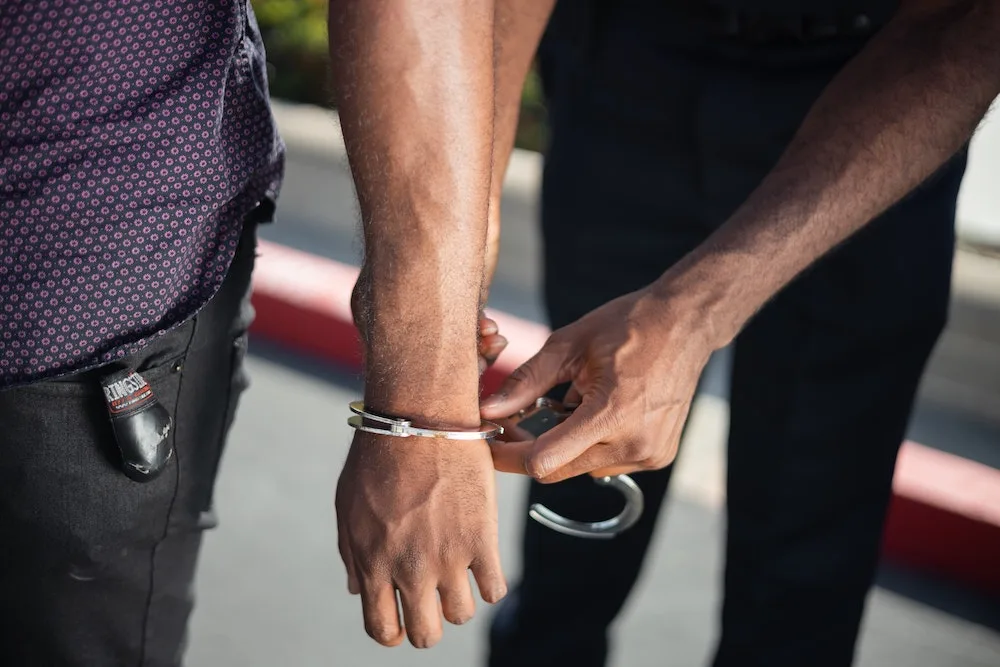Discover essential steps after an arrest in Toronto with expert advice from a local criminal lawyer. Protect your rights and future.
Being arrested can be a frightening and overwhelming experience. Whether you’re facing a minor charge or a more serious criminal accusation, knowing the right steps to take after an arrest is crucial. In this comprehensive guide, we’ll outline the key steps you should follow if you find yourself in this situation. Remember, the information provided here is intended as general guidance, and it’s always advisable to consult with a Toronto criminal lawyer for personalized legal advice.
1. Stay Calm and Compliant
The first and most important step after an arrest is to remain calm and cooperative. Arguing or resisting arrest can lead to additional charges. Your behavior during this critical moment can affect your case’s outcome.
2. Invoke Your Right to Silence
In Canada, you have the right to remain silent and not answer any questions posed by law enforcement. Politely and clearly state that you wish to exercise this right. Anything you say can be used against you in court, so it’s typically advisable to refrain from making any statements until you’ve consulted with a lawyer.
3. Request Legal Representation
You have the right to contact a Toronto criminal lawyer. Exercise this right as soon as possible. Having legal representation from the outset is crucial to protect your rights and navigate the legal process effectively.
4. Understand the Charges Against You
Ask the arresting officers about the charges laid against you. This information is essential for your legal defence. Take note of the details and circumstances surrounding your arrest.
5. Be Mindful of Your Right to Privacy
Law enforcement may want to search your personal belongings or property. You have the right to refuse consent to a search, except in specific situations such as with a search warrant or incident to arrest. Being aware of your rights is vital to protect your privacy.
6. Gather Information
Collect names and badge numbers of the officers involved in your arrest. This information may be valuable in case of any misconduct allegations. Also, note any witnesses present during the arrest.
7. Document the Incident
As soon as you can, write down your recollection of the events leading up to and during your arrest. This can serve as a valuable reference for your lawyer.
8. Bail Hearing
If you’re not released immediately after arrest, you may need a bail hearing. It’s essential to have a lawyer present during this process to advocate for your release and fair bail conditions.
9. Comply with Court Orders
If you are granted bail, it’s vital to follow all court orders and conditions set by the judge. Failing to do so can result in further legal troubles.
10. Consult with a Toronto Criminal Lawyer
Finally, consult with a criminal lawyer in Toronto as soon as possible. They will assess your case, provide legal advice, and represent your interests in court. The sooner you have legal representation, the better your chances of a favorable outcome.
Conclusion
Being arrested can be an intimidating experience, but knowing the key steps to take after an arrest is essential for protecting your rights and ensuring a fair legal process. This guide serves as a general overview, but it’s crucial to consult with a Toronto criminal lawyer for personalized advice tailored to your unique situation. If you find yourself in this unfortunate situation, don’t hesitate to reach out to an experienced legal professional who can guide you through the complexities of the Canadian legal system.
By following these steps and seeking expert legal counsel, you’ll be better equipped to navigate the legal process and protect your rights when faced with an arrest in Toronto. Remember, the information provided here is for informational purposes and should not be considered a substitute for professional legal advice.

Alex De Boyrie is an experienced Criminal Defence Lawyer covering Toronto, and the Greater Toronto Area.
In short, Alex’s experience ranges from working on bail hearings, sexual offences, weapons and firearms, assault charges, drug offences, youth crimes, Impaired Driving, and other criminal offences.

